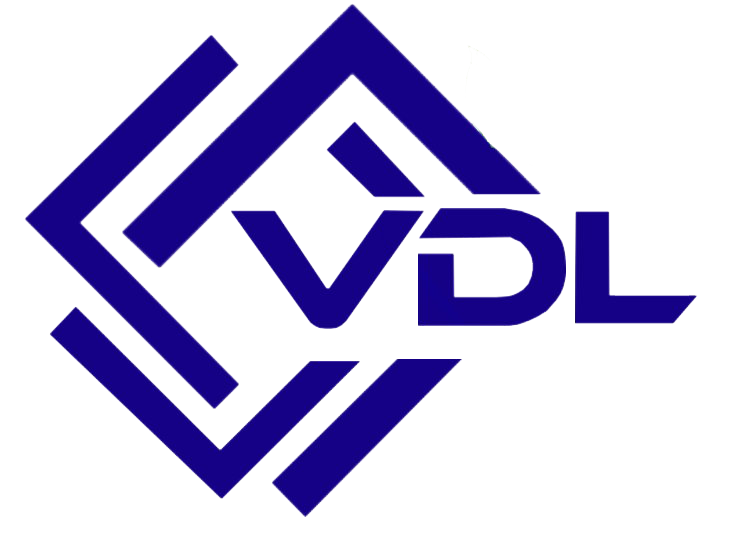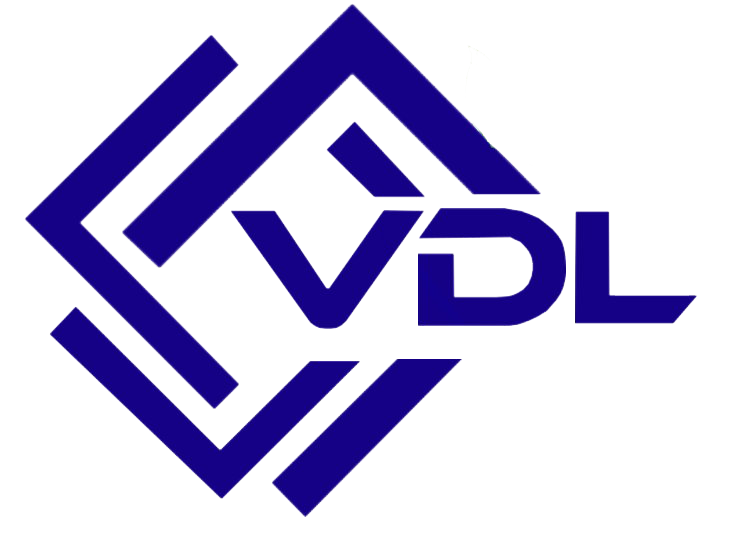Core Responsibilities of a Construction Manager
Construction Management is the professional service that uses specialized project management techniques to oversee the planning, design, and construction of a project, from start to finish. It ensures project completion on time, within budget, and according to quality and safety standards. Whether it's a small renovation or a large-scale infrastructure build, construction management is crucial in organizing materials, workforce, technology, and communication.
Construction Management topics include:
Detailed analyses of successful projects, common challenges, safety practices, sustainable material usage, and the role of modern technologies like BIM, AI, and drones. Industry insights explore building codes, zoning laws, and real-world project case studies
Practical guidance for construction managers and clients on scheduling, budgeting, and risk management. Real-life case studies from global construction projects that showcase innovation and efficiency in project delivery
Strategies for avoiding project delays, interviews with engineers and site supervisors, and breakdowns of successful construction workflows are essential parts of mastering construction management. Readers also gain knowledge of how local construction companies operate, how budgets are controlled, and how site safety is enforced daily.
Ultimate Guide to Construction Management
Get an in-depth understanding of what it takes to manage a construction project successfully. This guide includes
- Must-have tools and tech for different construction phases
- Roof installation tips and maintenance advice
- Planning techniques for timelines and workforce coordination
- Budget control and cost estimation methods
- Key safety and regulatory guidelines on site.
Effective construction management not only ensures the smooth execution of a project but also fosters collaboration among stakeholders including architects, engineers, contractors, and clients. It involves proactive problem-solving, transparent communication, and continuous monitoring to adapt to changes in real time. With the integration of digital tools and sustainable practices, modern construction management is evolving to deliver smarter, safer, and more environmentally responsible projects—meeting both client expectations and regulatory standards.



